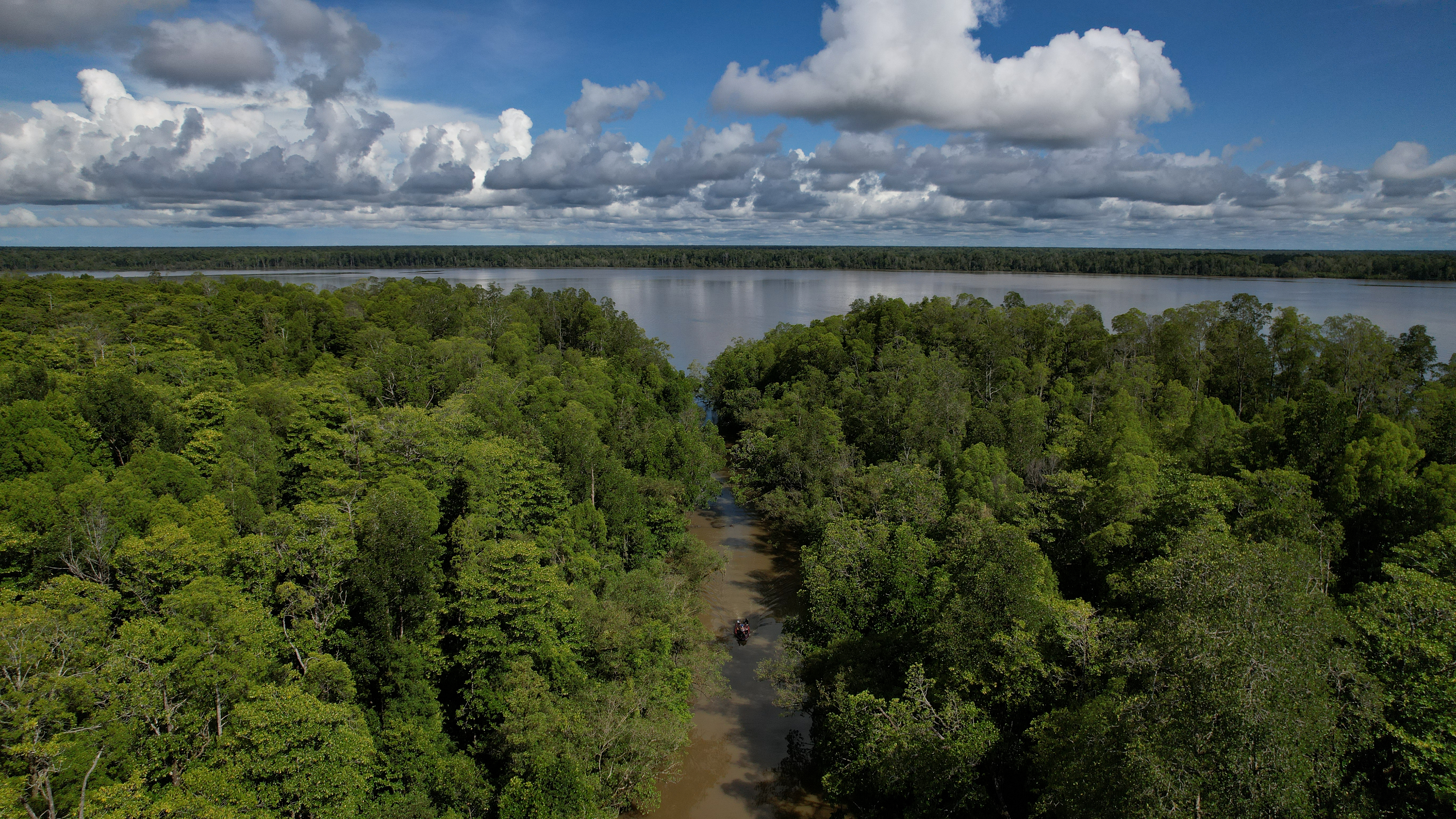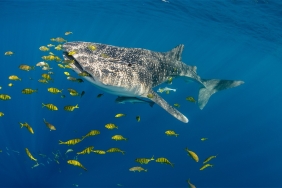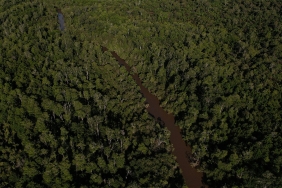LEARNING TOGETHER SERIES: WOMEN AS AGENTS OF CHANGE IN CONSERVATION AND THE ECONOMY
Merauke- Women are a very important part of all forms of life activities. Women today are also part of the economic drivers of the family. Not a few, women who have a dual role. In addition to taking care of the household, women also work to help improve family welfare. To support family economic activities, women work in various forms of work such as farmers, collectors and processors of forest and marine resources as well as sellers and traders. In doing these jobs, women must have knowledge and skills in the management and utilization of natural resources. This knowledge and ability should not be limited to how to obtain food sources, process, or sell them. Women also need to understand and have the ability to utilize natural resources sustainably. If the existence of natural resources is preserved, food sources will continue to be available.
Seeing the role of women in the social, economic, and ecological fields, WWF took the initiative to initiate a joint learning series on "Women and Conservation." In connection with this, WWF Indonesia - Papua Program carried out the Traning of Trainers (ToT) and Shared Learning "Women and Conservation - Women as Agents of Change in the People's Economy." This activity was held for three days, May 4-6, 2015 in Merauke. This activity was attended by representatives of women from the assisted areas of WWF Indonesia- Papua Program in Merauke, Cenderawasih Bay National Park, Jayapura Regency, Wamena, Mappi, and Asmat along with WWF staff who became facilitators in each region. This learning series is part of a women's empowerment program prioritized for eastern Indonesia, especially East Nusa Tenggara (NTT), Maluku, Kei Islands, and Papua.
Cristina Eghenter- Social Development Program Coordinator - WWF Indonesia explained "this joint learning series aims to explore knowledge about the role of women in conservation areas where WWF works, map conditions and potentials, strengthen women's voices in conservation policy as a core part of the process of advocating conservation and sustainable development policies that are equitable, inclusive and pro-people, and effective in securing natural resources in the future." This learning series was first held in Kei, Maluku, and Papua. This activity was first implemented in Kei in August 2013 with a focus on women's learning in the management and conservation of marine protected areas (Marine Protected Area)."
The first day's activities were titled Introductory Day. All participants introduced themselves and their programs, achievements and obstacles. Representatives from Merauke explained the work program and the role of women in eucalyptus oil production. Representatives from Asmat with a wicker business program, Mappi with a rubber plantation business, Jayapura Regency with a chocolate plantation business, Cenderawasih Bay National Park with a coconut oil and handicraft business, Wamena with a coffee and honey plantation business.
The second day of activities was titled Debriefing Day. On this second day participants were given briefings on how to manage finances, time management, planning and small business development facilitated by a teaching team from Musamus University - Merauke. Participants also had the opportunity to draft a business development proposal. Mama Sofia Kwano, one of the participants from Jayapura Regency commented, "Mothers and women in our village are involved in cocoa cultivation but still don't understand how to manage money. If there is information like this, we can understand which needs and which wants. We must prioritize the needs."
The third day's activities were titled Walking Day. Participants visited one of the eucalyptus oil production business development areas in Yanggandur Village. Here, participants can directly see eucalyptus oil production activities carried out by the community.
The approach that needs to be prioritized in this learning series is not an exclusive approach but an 'empowering' approach for women whose voices and aspirations have not always been heard or accommodated properly. An empowering approach for women is one in which meetings and discussions are designed in such a way as to allow women to come together and discuss together the problems they face, and formulate solutions and recommendations according to the perspective and viewpoint of women's interests or needs. A 'empowering' approach is one that creates a space for discussion and learning for and with women with the aim of strengthening women's bargaining position and voice to be able to participate and contribute in the decision-making process related to the management and utilization of natural resources.
WWF has so far adopted a policy on gender equality in conservation. Therefore, WWF also adopts this approach to support and strengthen the role of women in the world of conservation and sustainable development. More specifically, the joint learning series on women and conservation is expected to be an opportunity to add skills and improve mentoring and facilitation capacities that are 'empowering' for field staff and open up opportunities to form learning networks with partners.
Paschalina Rahawarin - Southern Papua Leader, WWF Indonesia explained, "This workshop involved women representatives from farmer groups, fishermen, and art crafters from Papua, West Papua, Kei, Maluku, and NTT. They are all WWF partners who have been actively running household economic improvement activities and also understand the importance of environmental conservation. They learned together and exchanged experiences."
In more detail, this learning together series is aimed at: conducting learningand together improving women's economic alternatives in conservation areas to support sustainable development, improving the ability both women participants and community leaders in their respective areas and WWF staff as facilitators and assistants in the field. In addition to learning and capacity building, this learning series is also expected to help strengthen the role and potential of women as economic and ecological actors in sustainable development in their respective regions and formulate several recommendations to strengthen social, financial, economic and ecological conditions to optimally support the role of women in the natural resource-based economy and conservation. (Andhiani M. Kumalasari)





